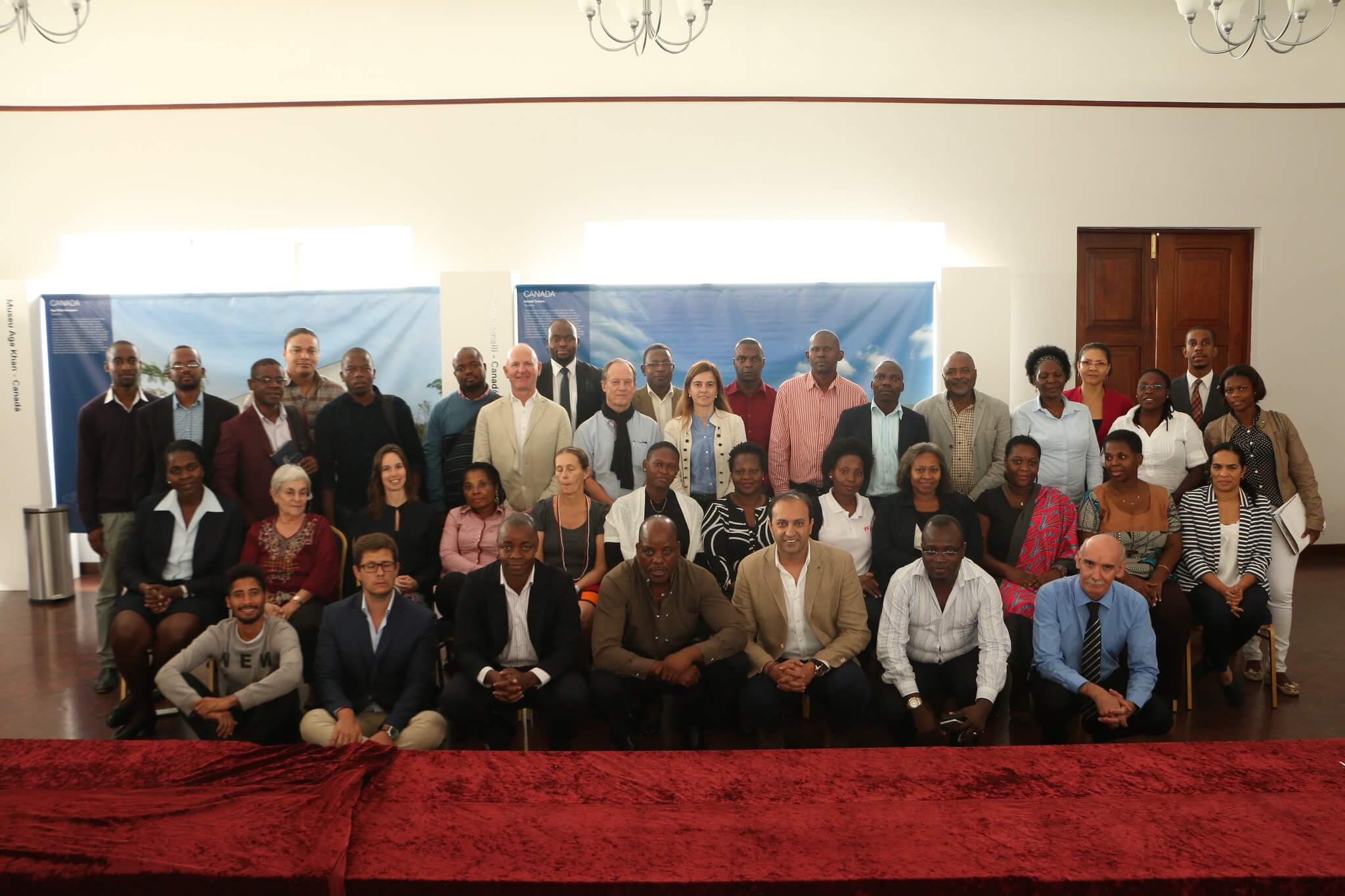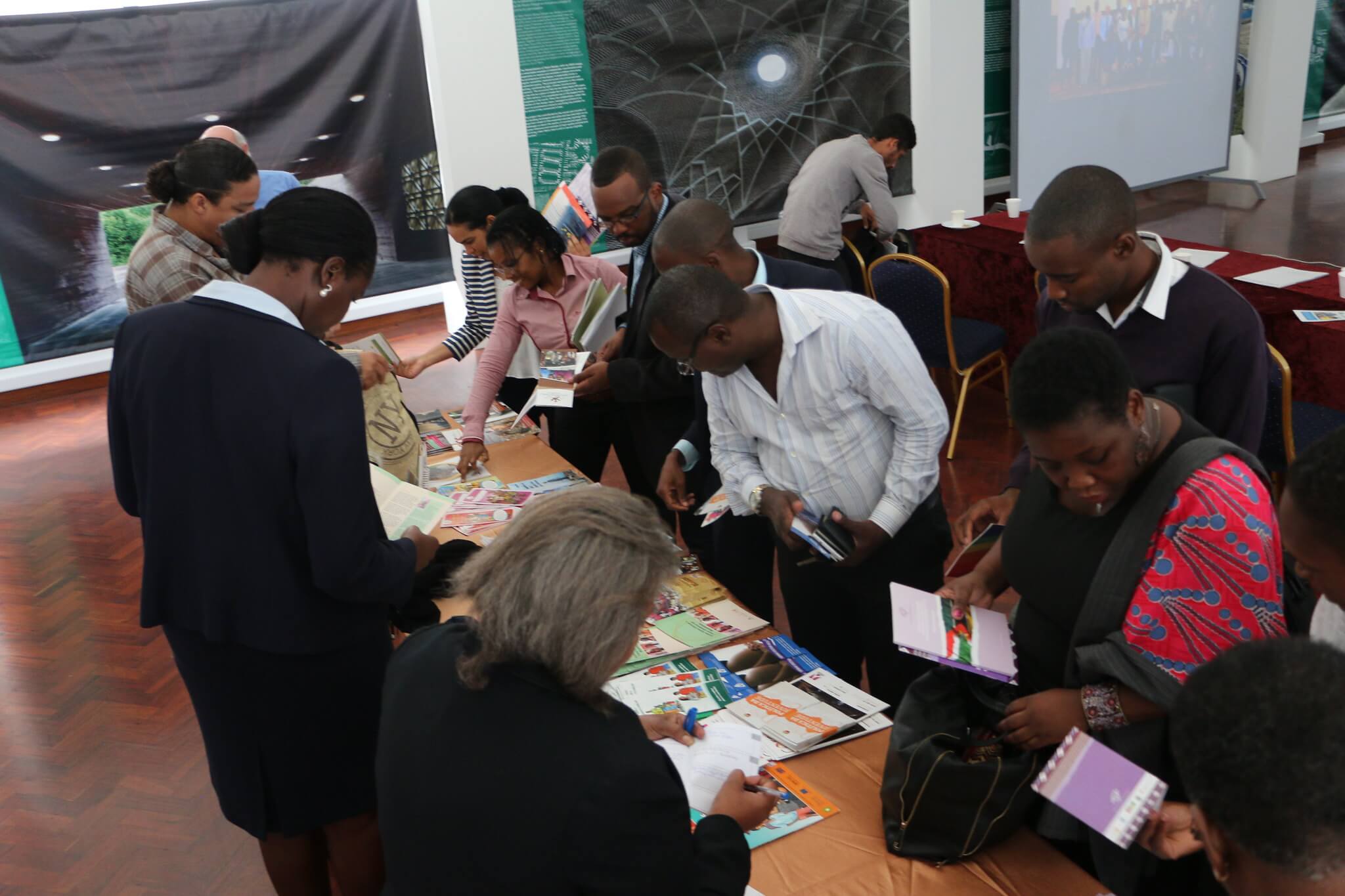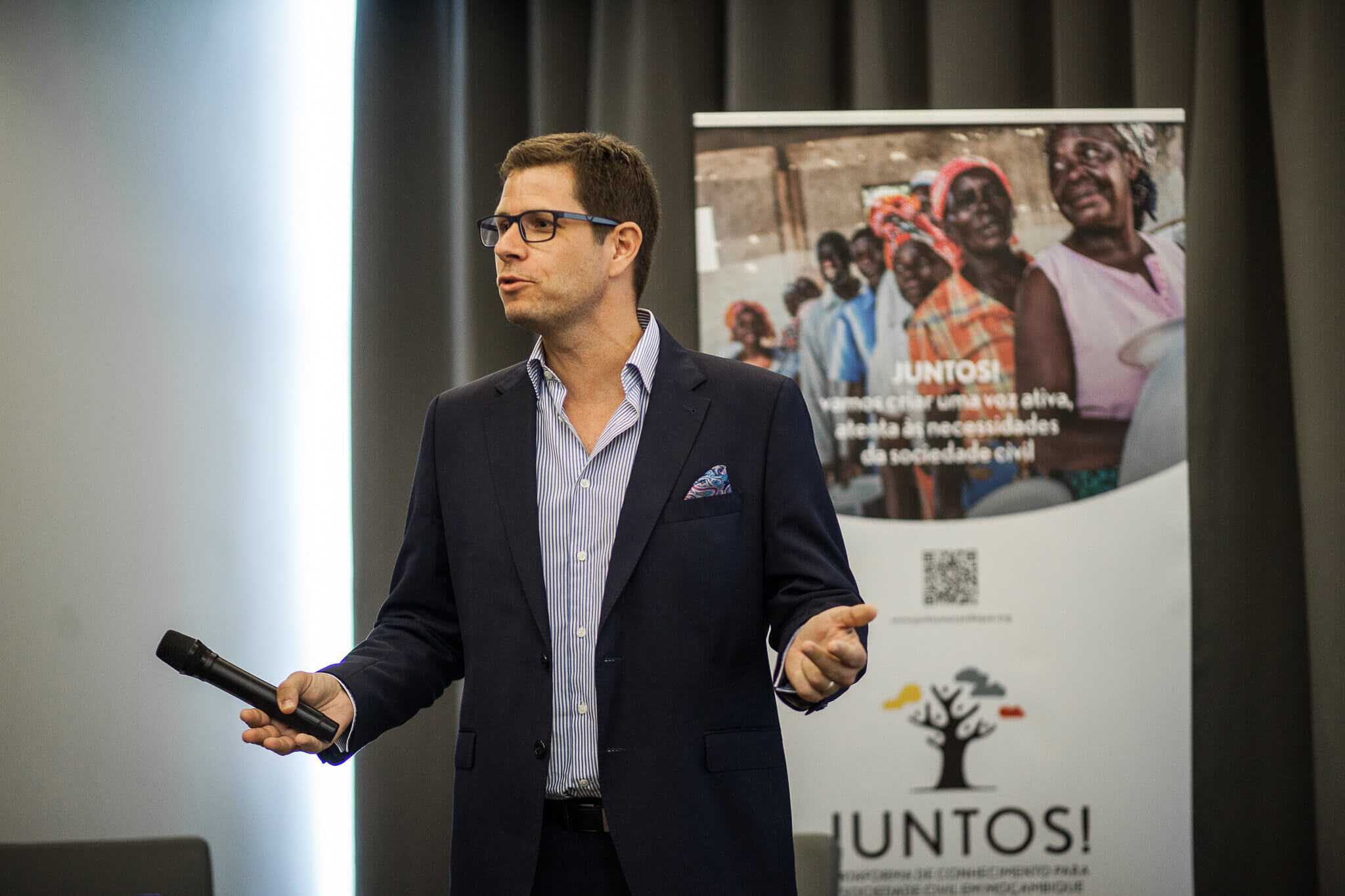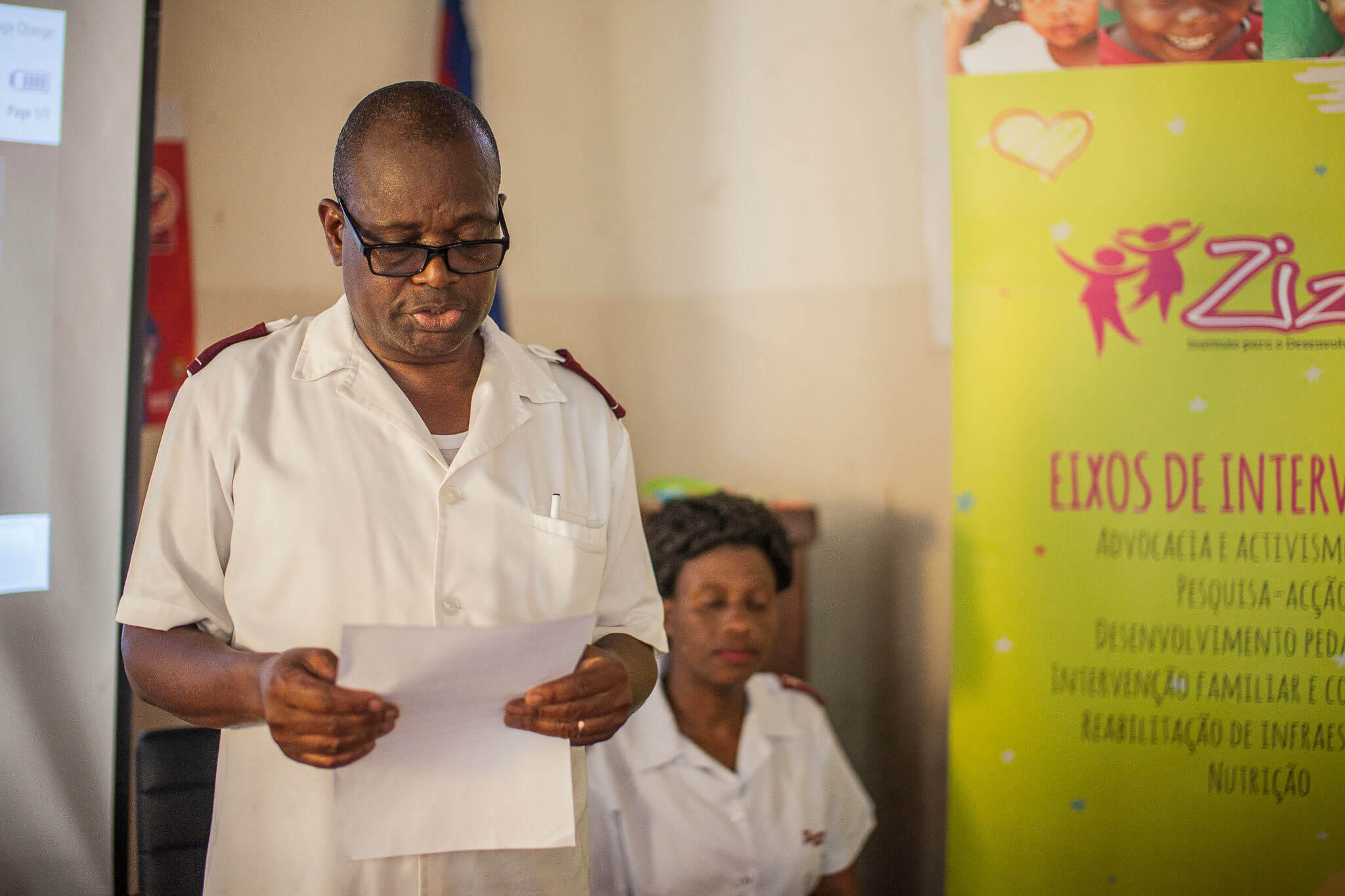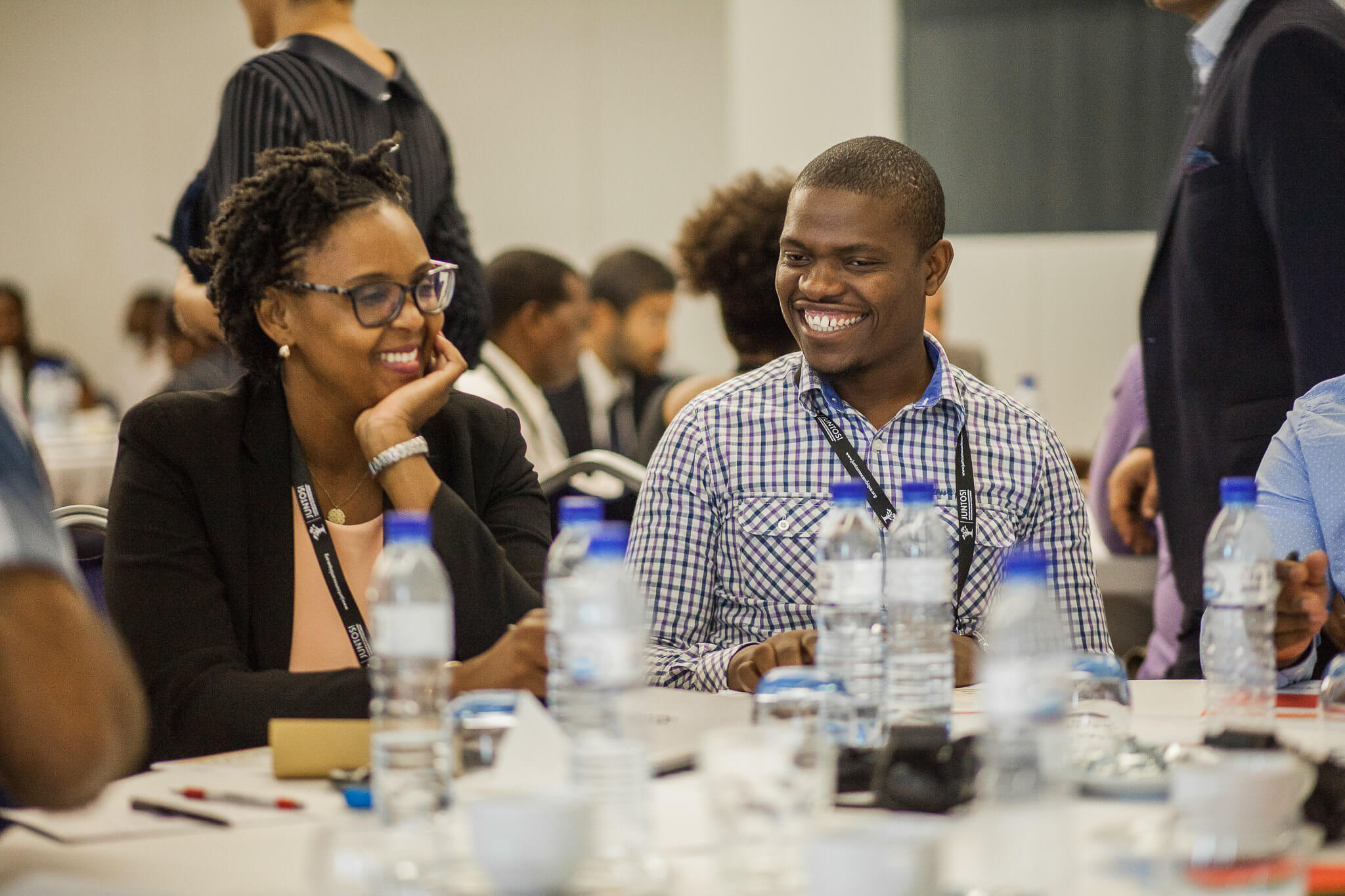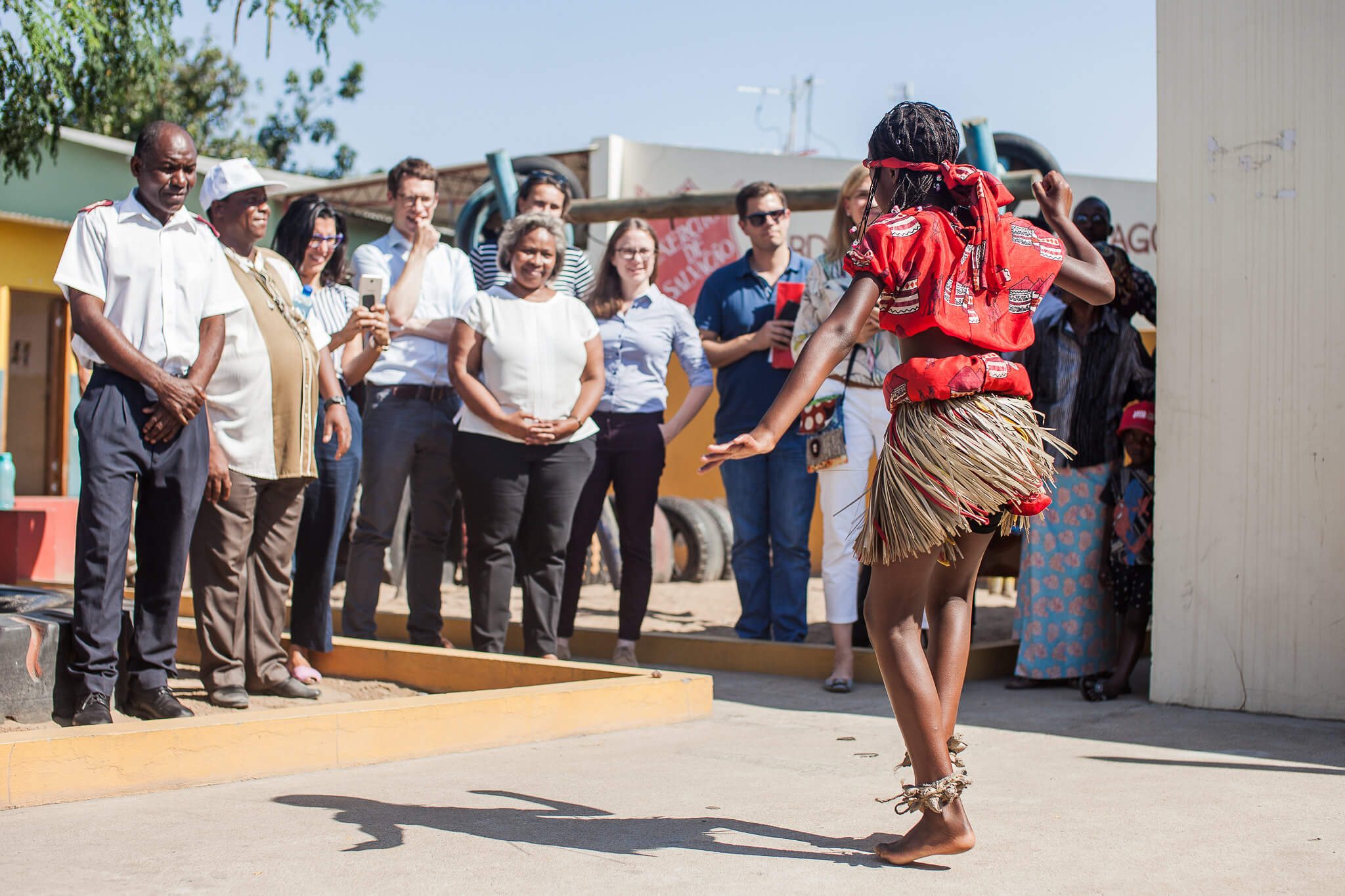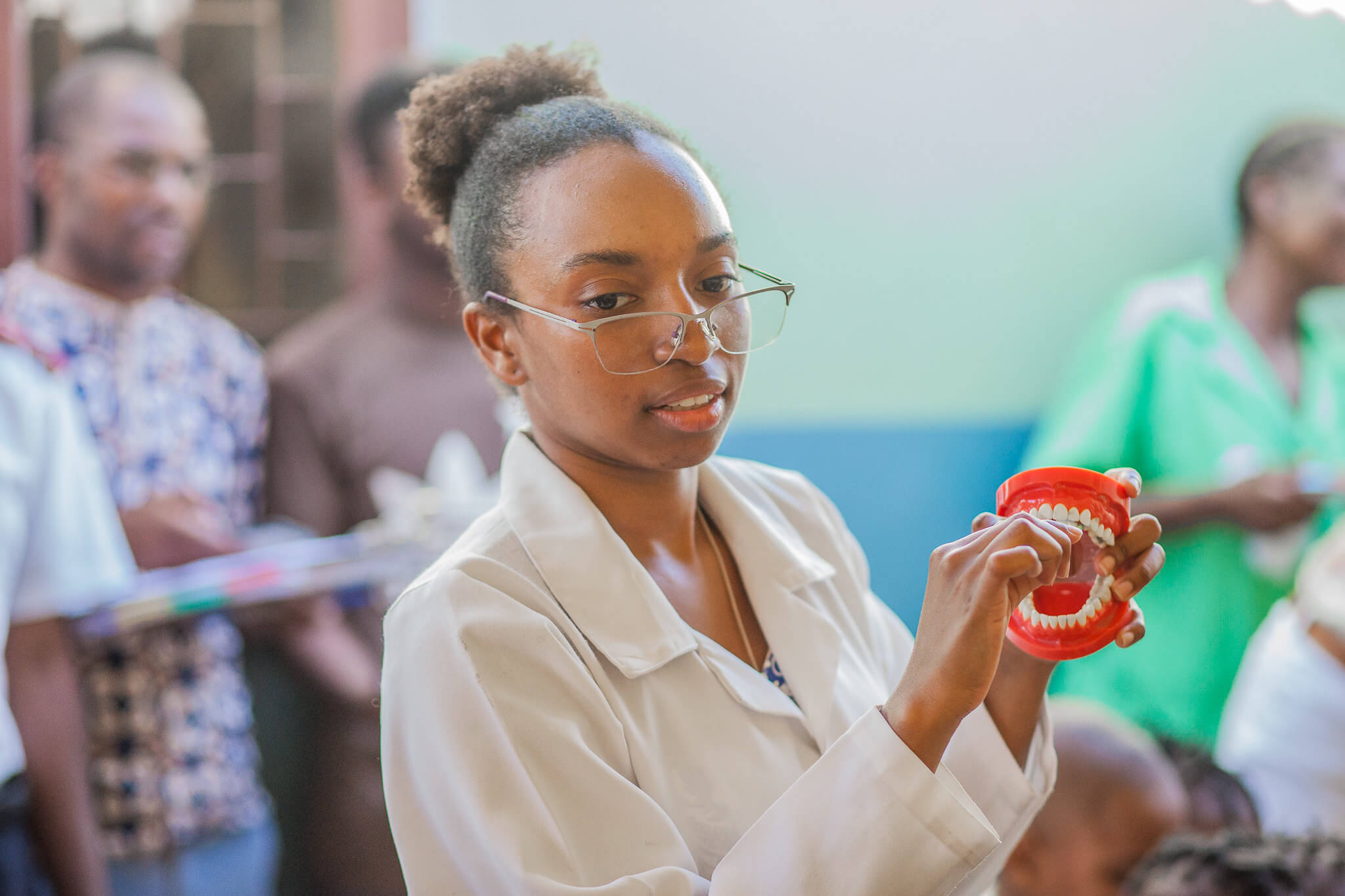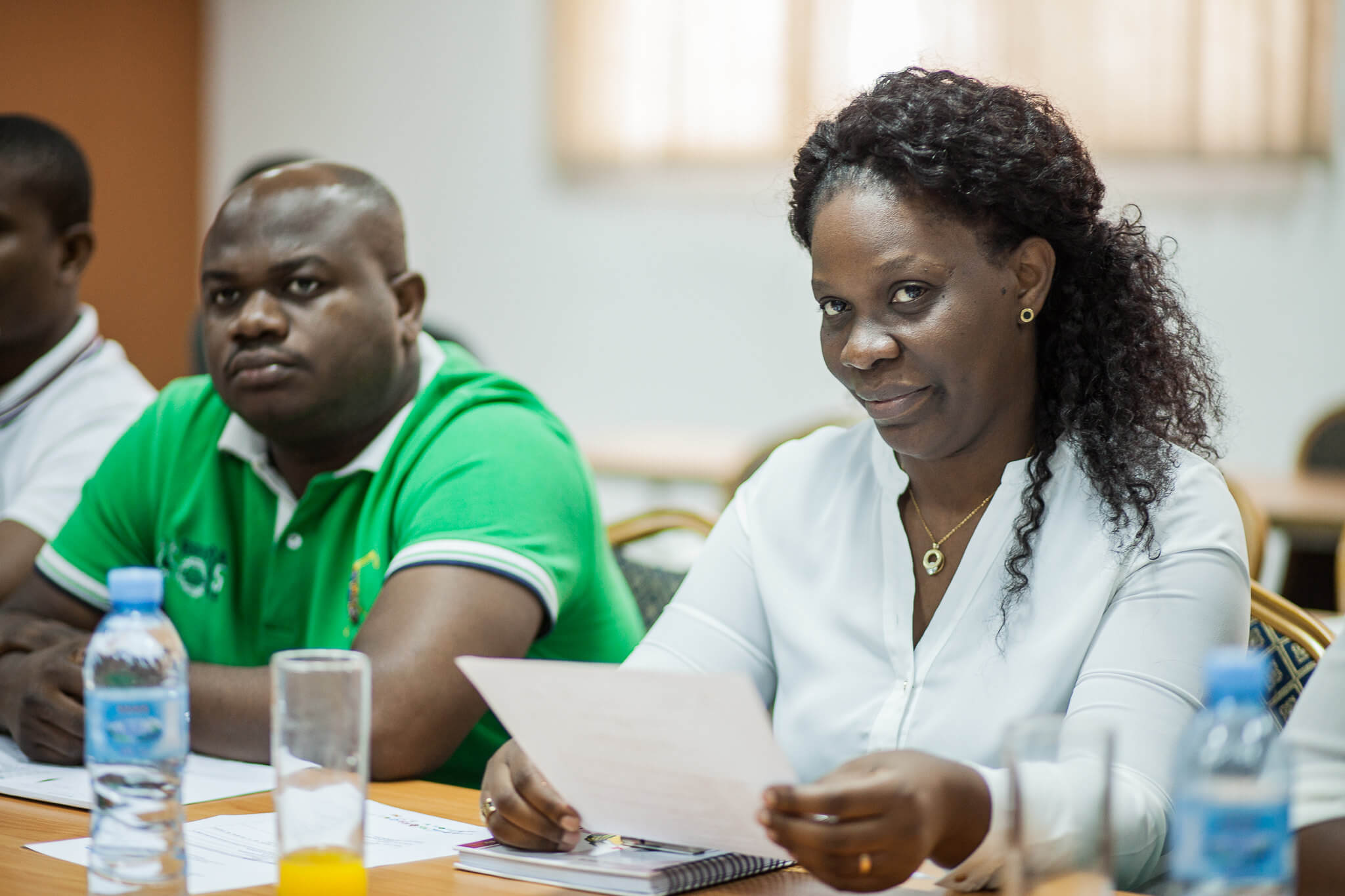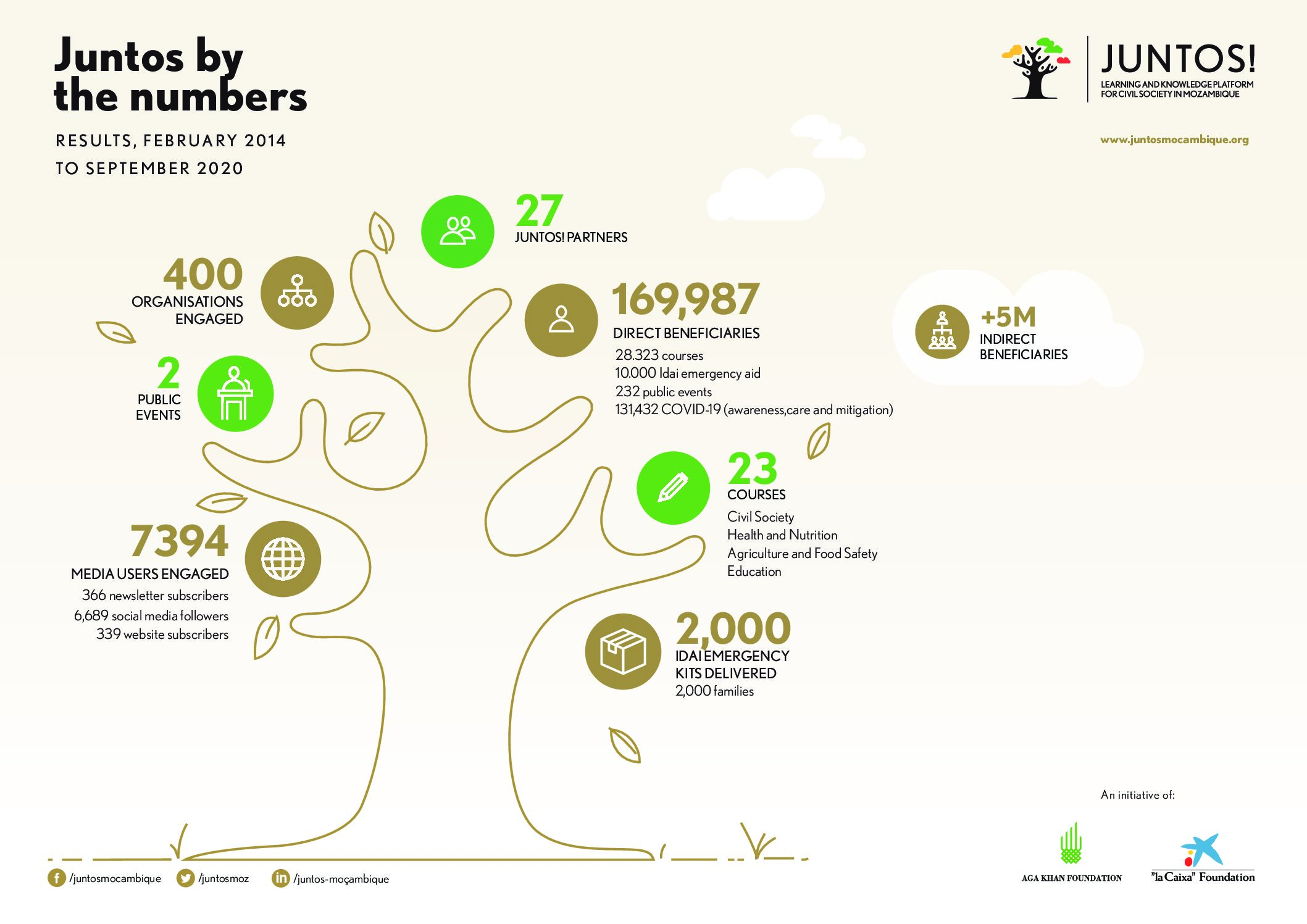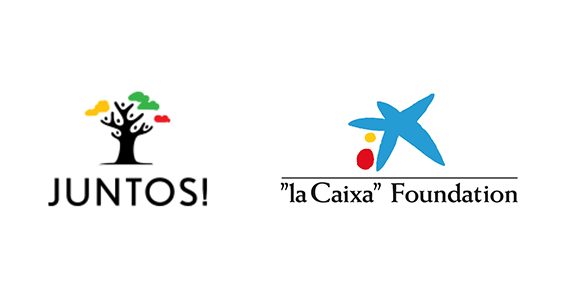AKF sees an effective civil society as key to improving the overall quality of life. The need for a strong civil society is especially true in developing countries, where public and private services and systems often lack the resources and ability to reach all citizens, leaving the most vulnerable behind.
In Mozambique, with approximately 50% of the population in poverty and a gender equality rank of 123/130 countries, the government recognises that CSOs are a major resource in the country, particularly in providing key interventions in health, education, housing, access to drinking water, employment, advocacy, and many others. CSOs play a key role in advocating for and delivering services, as well as ensuring access to information and knowledge about people’s rights.

